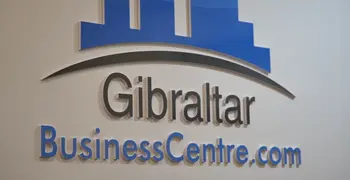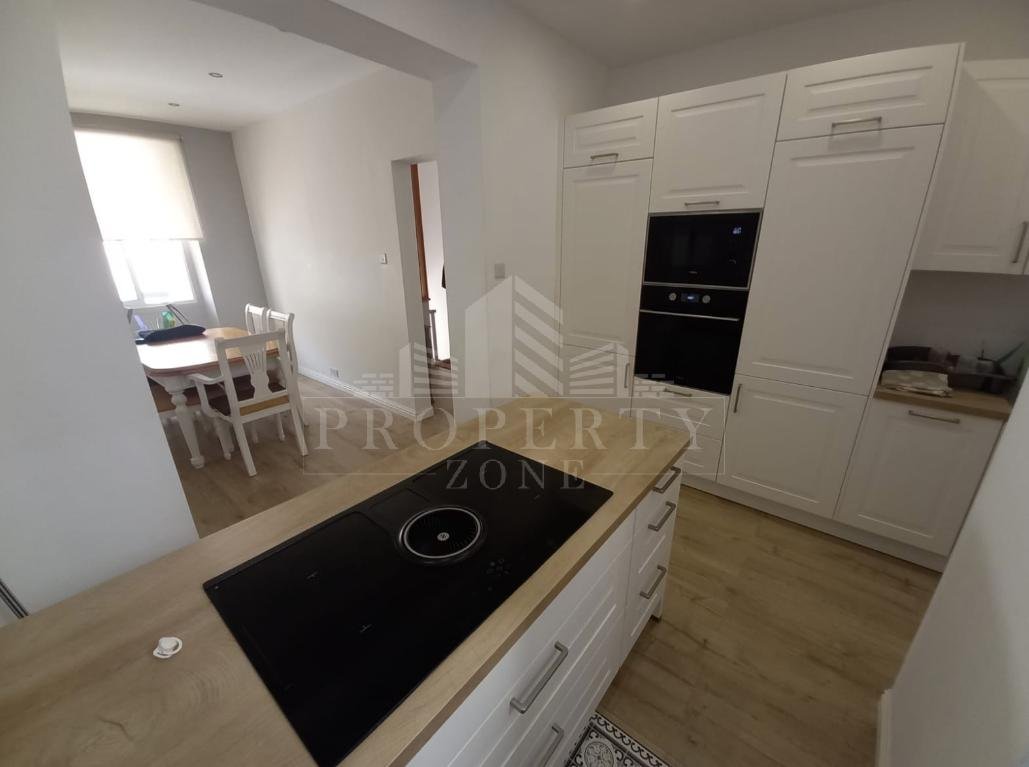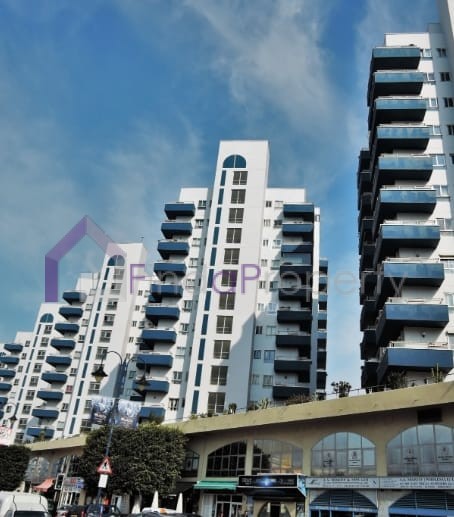Letting out a property can be a profitable investment, but it also comes with responsibilities and potential challenges. Whether you are a first-time landlord or an experienced investor, understanding the rental process in Gibraltar is essential for maximizing your returns and ensuring a smooth tenancy.
This guide will walk you through the key steps to successfully letting your property while complying with local regulations and protecting your investment.
However, managing a rental property can be time-consuming, especially for landlords with multiple properties or those living abroad. A letting agent can:
- Handle Marketing & Viewings
- Screen Tenants & Draft Contracts
- Manage Rent Collection & Maintenance
- Ensure Legal Compliance
Engaging a professional agent reduces stress and ensures your investment is well-managed and is the safest way to avoid the pitfalls and problems that ill-informed management decisions can cause.
1. Understanding Your Finances
Before listing your property for rent, evaluate your financial situation:
- Mortgage Considerations: If your property has an existing mortgage, check with your lender to ensure you have consent to let. Some mortgage agreements have restrictions on renting out a property.
- Rental Yield Calculation: Determine the expected rental income and compare it with mortgage payments, maintenance costs, and service charges to assess profitability.
- Tax Obligations: Landlords in Gibraltar must declare rental income and may be liable for property-related taxes. Consult a tax advisor to ensure compliance and optimize deductions.
2. Setting the Right Rental Price
Setting a competitive rental price is key to attracting tenants quickly and maximizing your income. Factors to consider include:
- Market Comparisons: Research similar rental properties in your area to gauge pricing trends.
- Property Condition and Features: Newly renovated or furnished properties often command higher rents.
- Demand and Seasonality: Rental demand can fluctuate based on the time of year and economic factors.
- Length of Tenancy: Short-term rentals may yield higher monthly returns but require more frequent tenant turnover and management.
3. Preparing Your Property for Rent
A well-presented property attracts quality tenants and justifies higher rental rates. Key preparation steps include:
- General Maintenance: Address any necessary repairs, repaint walls if needed, and ensure appliances are in working order.
- Cleaning: A deep clean before viewings enhances first impressions.
- Furnishing Decisions: Decide whether to let the property furnished, part-furnished, or unfurnished based on target tenant preferences.
- Compliance with Safety Standards: Ensure electrical systems meet safety regulations, and install smoke alarms where required.
4. Marketing Your Property
To attract the right tenants, an effective marketing strategy is essential:
- Professional Photography & Virtual Tours: High-quality images and virtual walkthroughs can generate more interest. We offer free Virtual Tours to our Landlords which not only assist with the marketing activity but provides a perfect Schedule of Condition on termination of the tenancy.
- Property Listings: Advertise on online portals, social media, and through reputable estate agents.
- Highlight Key Features: Emphasize location advantages, amenities, and any special features like balconies, parking, or sea views.
- OR
- Engage an Estate Agent: A professional agent can handle marketing, viewings, tenant screening, and negotiations on your behalf.
5. Finding the Right Tenants
Selecting the right tenant is crucial to protecting your investment and avoiding future disputes:
- Tenant Screening: Verify employment status, income, references, and previous rental history.
- Credit Checks: Assess financial reliability and likelihood of timely rent payments.
- Right to Rent Checks: Ensure tenants have legal residency and the right to rent in Gibraltar.
- Deposit Collection: A security deposit (typically one or two months’ rent) should be collected and held securely.
- Depending on the price of the property further AML checks may be required on the Tenant.
6. Drafting a Strong Tenancy Agreement
A well-drafted tenancy agreement protects both landlord and tenant. Essential terms include:
- Rental Amount & Payment Terms: Specify due dates, payment methods, and any penalties for late payments.
- Deposit Protection: Outline conditions for deductions and return of the deposit.
- Duration of Tenancy: Define whether the agreement is fixed-term or periodic.
- Maintenance Responsibilities: Clarify landlord and tenant obligations for property upkeep.
- Termination Terms: Detail the notice period required for ending the tenancy.
7. Managing the Tenancy
Once tenants move in, maintaining a professional and proactive approach ensures a positive rental experience:
- Regular Inspections: Schedule periodic inspections to check for maintenance issues.
- Prompt Repairs: Address maintenance requests swiftly to keep tenants satisfied and protect your property.
- Rent Collection: Ensure timely rent payments and establish a clear process for late payments.
- Insurance Coverage: Consider landlord insurance to cover rental income loss, property damage, and liability.
8. Ending a Tenancy
When a tenancy ends, follow these steps to ensure a smooth transition:
- Notice Periods: Ensure compliance with the agreed termination notice period.
- Final Inspection: Check for damages beyond fair wear and tear before refunding the deposit.
- Utility Transfers: Ensure tenants settle final utility bills and transfer accounts before vacating.
- Property Preparation: Conduct necessary maintenance and cleaning before re-letting.
If you decide to manage the rental yourself, then be aware of the following list of common mistakes that private landlords can make.
Many private landlords make avoidable errors that can lead to financial loss or legal trouble. Avoid these common mistakes:
- Setting an unrealistic rental price, leading to long vacancy periods.
- Failing to properly screen tenants, increasing the risk of non-payment or property damage.
- Not having a detailed tenancy agreement, leading to disputes.
- Ignoring property maintenance, resulting in costly long-term repairs.
- Failing to comply with legal requirements, risking fines or legal action.
- Neglecting to conduct regular inspections, allowing issues to escalate unnoticed.
- Poor communication with tenants, leading to misunderstandings and dissatisfaction.
Conclusion
Letting a property in Gibraltar can be a rewarding venture if managed correctly. By following this guide and seeking professional assistance when needed, landlords can maximize rental returns while ensuring a hassle-free experience. We trust this guide will assist you in making informed decisions to turn your investment into a rewarding and stress-free experience.
Seekers prides itself on a very low rate of tenancy issues and the quality of our tenants, careful and experienced tenant sourcing and therefore a very low rate of tenancy issues. Many of our Landlords have been with us for in excess of 20 years. Contact us today to discuss how we can help you let your property efficiently and profitably.
All the best,
Maggie Traverso
Managing Director
SPONSORED BY

Seekers Property



















































